[This is a revision of posts that were published in 2010 and 2015]
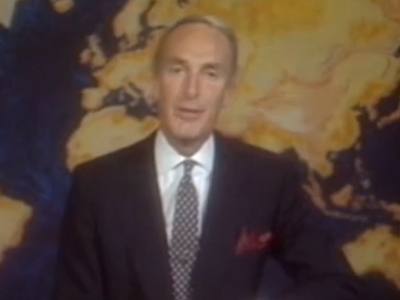
It is 40 years today since Bruce Gyngell (pictured) announced “Good evening, and welcome to multicultural television,” on the opening night of Channel 0/28 — the network that is now SBS.
The birth of 0/28 and multicultural television came five years after the launch of ‘ethnic’ radio stations in Sydney and Melbourne that would eventually come under the control of the Special Broadcasting Service (SBS). Like with the radio stations, Channel 0/28 was launched initially in Sydney and Melbourne and would roll out to other capital cities over later years.
The path to multicultural television was not an easy one. Prime Minister Malcolm Fraser promised ahead of the 1977 Federal Election that his government would launch a multicultural television service. There was debate as to whether or not the national broadcaster ABC should be tasked with operating the service as a second channel. It was even questioned whether or not the newly formed SBS had the competency or structure to provide a television station as feedback from its initial planning and test broadcasts was less than positive.
YouTube: TelevisionAU
Plans to replace SBS with a separate authority, the Independent and Multicultural Broadcasting Corporation (IMBC), had the potential for the new channel to operate as a commercially-funded service — something which attracted criticism from not just the commercial networks but also from independent publishers, the latter fearing that the TV channel would take advertising dollars away from their foreign-language newspaper publications.
Gyngell, the former chairman of the Australian Broadcasting Tribunal, was appointed managing director-designate of the IMBC and handed the task of leading the formation of the new channel, even though it was still unclear which authority would control it — the IMBC or SBS.
The IMBC plan was ultimately knocked down by the Senate, leading the way for SBS to continue to operate multicultural radio and television services, and without carrying advertising. Despite the dumping of the IMBC proposal, Gyngell was retained as a senior consultant for SBS.
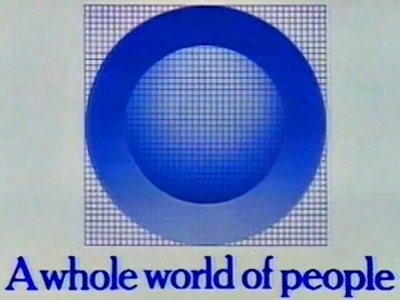
The new television service was assigned the UHF band channel 28 with a temporary provision for a VHF service on Channel 0 in both cities. The use of the Channel 0 frequency was problematic, particularly in Sydney, where it was estimated that as many as 80 per cent of households could not receive a clear picture due to either difficult terrain or households not having compatible antennas installed. (This was less of a problem in Melbourne as households were well adjusted to the Channel 0 frequency as it had previously been used by the commercial station which had since shifted its signal to Channel 10)
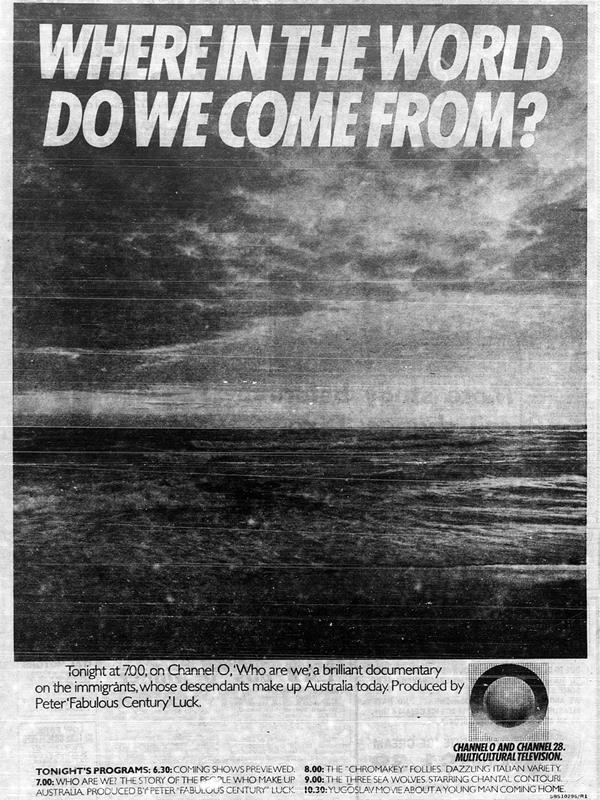
Friday 24 October 1980, and opening night for Channel 0/28 began with Gyngell, whose history with Australian television dates back to day one in 1956, presenting a half-hour preview of upcoming programs to appear on the new channel. (Curiously, this preview was also screened in Canberra on commercial channel CTC7, even though 0/28 was at that time not planned for expansion into the national capital). Prime Minister Malcolm Fraser, who had been returned to government at the federal election barely a week prior, officially declared the channel open. This was followed by the first program, a documentary, Who Are We?, taking a look at Australia’s multicultural identity, hosted by Peter Luck.
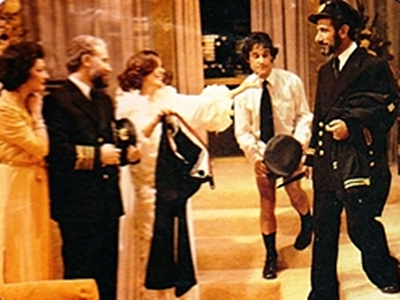
The first foreign-language program, Chromakey Follies, came from Italy, followed by telemovie The Three Sea Wolves, an Australian production starring Chantal Contouri (Number 96, The Sullivans) and featuring dialogue in both Greek and English.
The night ended with a Yugoslav movie, Don’t Lean Out.
Over its first weekend, 0/28 featured cartoons and children’s programs from various European countries, comedies from Norway (including To Norway, Home Of The Giants, featuring John Cleese) and Germany, variety from China and Italy and films from Poland, France and Sweden. Sunday afternoon featured live coverage of the Grand Final of the Philips Soccer League from Canberra.
The new channel was launched with an initial annual budget of $15 million, supplemented by a last-minute boost of $9 million to assist with local production. It was operating from a modest setup in two floors of an office building in the Sydney suburb of Milsons Point with a staff of around 100. Programming initially ran for around 35 hours a week, including movies, documentaries, drama, sport and variety shows sourced from around 15 countries — with all foreign-language material meticulously subtitled in English.
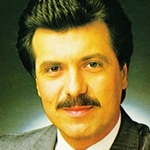 George Donikian (pictured) presented Channel 0/28’s first news bulletin on Monday 27 October 1980. World News initially screened at 9.30pm weeknights but by March it had moved to the earlier 7.30pm timeslot.
George Donikian (pictured) presented Channel 0/28’s first news bulletin on Monday 27 October 1980. World News initially screened at 9.30pm weeknights but by March it had moved to the earlier 7.30pm timeslot.
One of 0/28’s first program commissions was talent quest, Cabaret, from the Grundy Organisation and Willard King Productions. The first episode, hosted by Graham Kennedy and including a panel of judges, was taped in advance and featured entrants representing various ethnic groups. However, just days before the show was to go to air, Gyngell made a last-minute decision to change the show’s format from a talent quest to a general variety show, feeling that it unwise to involve a competitive element between multicultural communities. The first episode was hurriedly re-taped in the new format, and Lebanese-born actor Joe Hasham, best known from the popular Number 96, took over hosting the series from that point.
Channel 0/28 also earned early applause for its adoption of soccer coverage, giving the sport a higher priority and profile than any of the other networks had done. And soccer would continue to feature prominently on the channel, with regular programs and coverage of various leagues and the premier event, the FIFA World Cup, being broadcast on the network every four years since 1986.
Some of the foreign-language programs to appear on 0/28’s first week included:
- The Hot Wind — comedy series from Yugoslavia, about a misplaced man who works as a barber but would rather be holidaying on a Greek island.
- Bel Ami — drama series from Italy, the story of one man’s climb in a society where only the strongest and craftiest manage to succeed.
- Jack London In The Great North — Italian children’s adventure series set in Alaska.
- Dream Weaver — Canadian ice ballet. The one-hour special was a winner of the Golden Rose award at the 1980 Montreaux Festival.
- Les 400 Coups De Virginie — French comedy-drama about a young psychiatrist and his wife who have relocated from the country to Paris.
- Theodor Chindler — German drama series of the family of history professor and member of parliament Theodor Chindler in war-torn Germany in 1912-18.
- Night And Days — Polish drama series, set at the turn of the 20th century when Poland was being divided among its powerful neighbours.
- Our Regions — Yugoslavian documentary featuring Serbian vineyards and their yearly wine festival.
- Numero Un — French variety series.
- Taxi Driver — Greek drama series, the story of a trouble prone taxi driver who finds himself helping a woman kleptomaniac kick the habit.
Below is TV Week‘s two-page preview from the week of Channel 0/28’s debut:
SBS MILESTONES
1979 Test transmission via ABC
1980 Channel 0/28 begins in Sydney and Melbourne
1980 First World News bulletin
1982 Mini-series Women Of The Sun
1983 First telecast Eurovision Song Contest
1983 Channel 0/28 becomes Network 0/28
1983 Expansion to Canberra
1984 Dateline begins
1985 Network 0/28 becomes SBS
1985 First regular daytime transmission
1985 Expansion to Brisbane and Adelaide
1986 Expansion to Perth and Hobart
1986 FIFA World Cup in partnership with ABC
1986 The Movie Show (1986-2006)
1988 Australia Live telecast in partnership with Nine and ABC
1990 FIFA World Cup telecast from Italy
1991 First commercial appears
1993 New SBS logo launched
1993 Worldwatch begins
1994 Expansion to Darwin
1994 FIFA World Cup telecast from USA
1997 US animated series South Park begins
1998 FIFA World Cup telecast from France
2001 Digital television launches
2002 World News Channel launches
2002 FIFA World Cup from Korea/Japan in partnership with Nine
2004 Olympic Games from Athens in partnership with Seven
2005 Ashes cricket series telecast from United Kingdom
2006 FIFA World Cup telecast from Germany
2007 World News Australia extends to one-hour format
2008 Olympic Games from Beijing in partnership with Seven
2009 SBS2 replaces World News Channel
2010 FIFA World Cup from South Africa
2012 NITV merged into SBS; commences free-to-air broadcast
2013 SBS2 re-launched with youth-focused schedule
2014 FIFA World Cup from Brazil
2015 Food Network launches on SBS3
2016 SBS2 relaunches as SBS Viceland
2018 FIFA World Cup from Russia
2019 World Movies channel begins
Source: The Age, 27 October 1980, 13 November 1980. TV Week, 18 October 1980, 25 October 1980. The Canberra Times, 24 October 1980
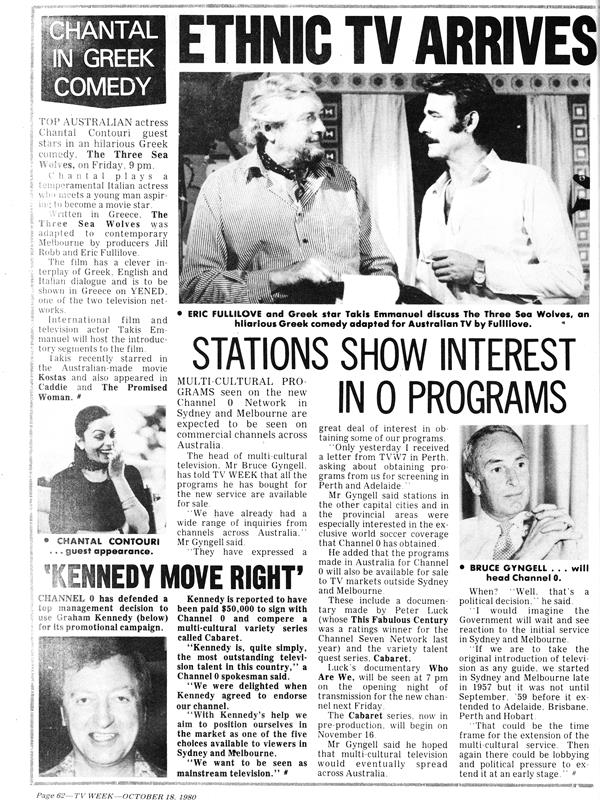

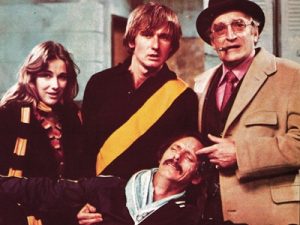
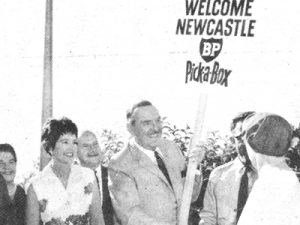
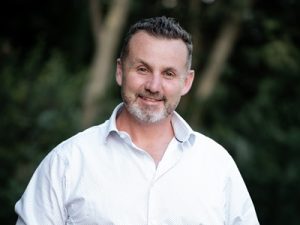
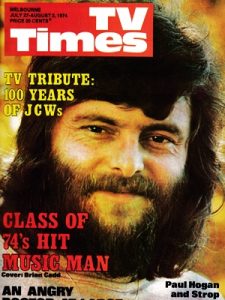
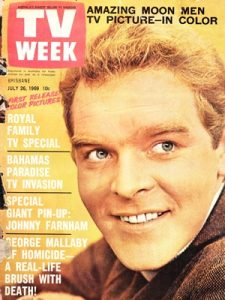
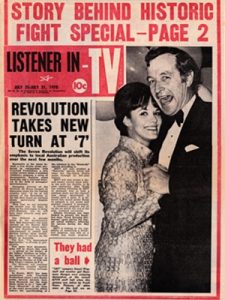
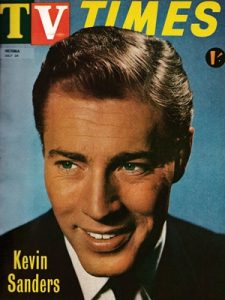
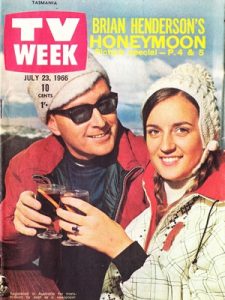
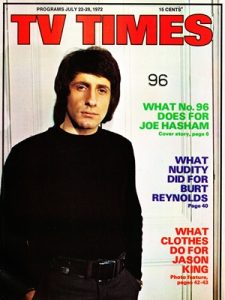
and they have turn just as bad as the other channels
squeeze credits for promos and other stuff
the only channel i like is the one the government wants to stop